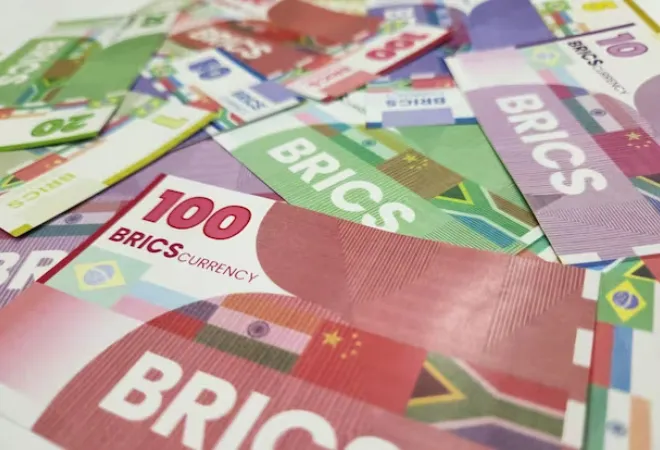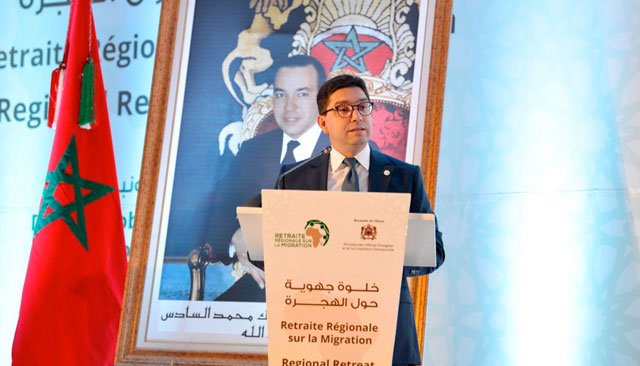Discussions among the BRICS member countries continue over the formation of a united currency that would facilitate trade between BRICS nations and decrease reliance on the ‘greenback’, though whether this ambitious plan succeeds is far from certain, many analysts say.
In May, BRICS member countries India and Nigeria announced they had officially signed an agreement to trade in their local currencies and not the US dollar anymore. While many see it as yet another attempt to counter the greenback’s supremacy, many analysts doubt that even if BRICS countries continue to sign deals to not trade in US dollars, that this would inch the United States economy to the risk of collapse.
The BRICS alliance will meet in October for its annual summit, where the developing countries may reportedly announce setting up a new currency. But analysts have disagreed if the BRICS+ reserve currency would be a feasible alternative — and a game changer — or a definite non-starter for Africa.
While officials have denied the idea that the launch of a BRICS+ currency is imminent, the BRICS member countries have made it no secret that they have a specific ‘de-dollarization’ agenda. However, there are many challenges, notably credibility and logistics issues, to any attempt to establish an entirely new currency. On credibility, acceptance of a currency in trade today depends on confidence that others will accept it in trade tomorrow and that the currency will be stable in value, according to Richard J Grant, finance and economics professor at Cumberland University. This is why the US dollar has maintained its dominance in global trade – and BRICS+ currencies have not.
BRICS, originally composed of Brazil, Russia, India, China and South Africa, has expanded since late last year by including, among others, more African countries, namely Ethiopia and Egypt. African governments may now be faced with the question of whether they can ditch the US dollar and still remain stable. One motivation for seeking an alternative currency is to ease trade, yet another is to stabilize inflation. If the latter is achieved without an alternative currency, some African countries may yet prefer to remain to stick to the greenback rather than venture out to uncharted territory.



